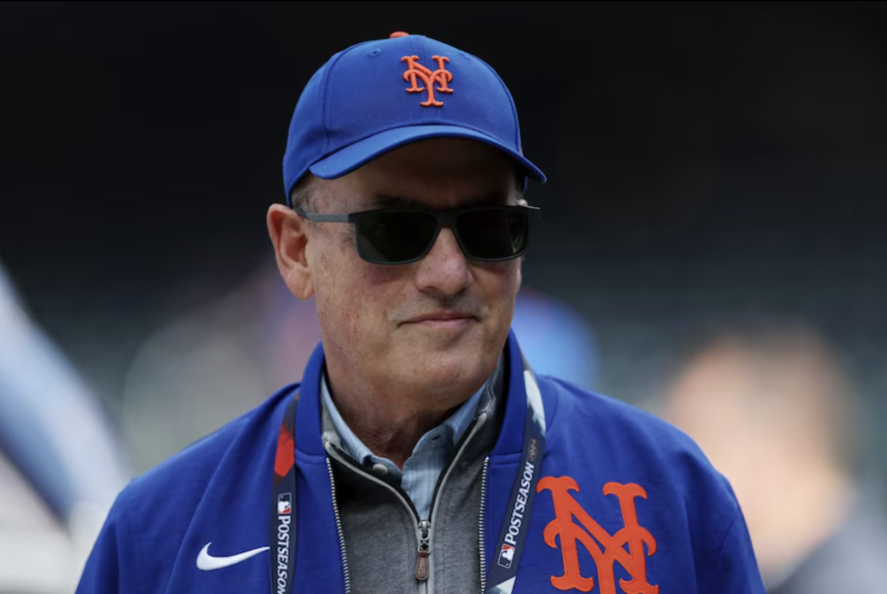Cohen’s Ambitious Casino Plans: Transforming Citi Field and Queens’ Casino Landscape
Billionaire Mets owner Steve Cohen is advancing his vision of turning the area around Citi Field into a year-round destination, with a significant casino project at its core. Partnering with Hard Rock, Cohen aims to position this initiative as a substantial economic catalyst for Queens, proposing not only gaming options but also restaurants, entertainment venues, and community development.
The Proposal and Its Ambitions
Cohen’s plans envision a vibrant environment surrounding Citi Field, greatly enhancing the local economy and community. The proposal outlines a comprehensive entertainment district that could attract visitors throughout the year, potentially benefiting businesses and residents alike. He emphasizes that this development is not just about gaming; it seeks to create a thriving neighborhood that invigorates local commerce and increases foot traffic even outside of baseball season.
Navigating Regulatory Challenges
However, Cohen’s proposal faces significant hurdles. State gaming regulators are concerned about the proximity of the proposed casino to existing gaming operations. Cohen’s casino would be located just 10 miles from Genting’s Aqueduct Resort World, and near other established venues like Bally’s and MGM’s Empire City at Yonkers Raceway. Regulators fear that a new casino in this area could cannibalize business from these existing operators, complicating the decision-making process.
Despite these challenges, Cohen’s bid stands out as one of the most prominent in the current competition for downstate casino licenses. With notable rivals, including a Times Square proposal backed by Roc Nation and Jay-Z, having been rejected earlier this year, Cohen’s initiative has gained momentum as one of the leading contenders.
Competition from Other Developers
Cohen is not alone in his ambitions for New York’s casino landscape. Developer Stefan Soloviev, along with Mohegan Sun, is pushing for the “Freedom Plaza” project along the East River. This competing effort adds to the crowded field of candidates vying for a limited number of licenses, intensifying the competition faced by Cohen and Hard Rock.
Impact on Mets Fans and the Community
For Mets fans, Cohen’s vision encompasses more than just gaming; it has the potential to enhance the overall fan experience. The project’s implications extend into developing a dynamic entertainment district that could transform Willets Point, making it a vibrant area that attracts visitors year-round.
If state regulators approve the casino, it could reshape the neighborhood surrounding Citi Field and redefine the competitive landscape for casinos within the city.
Conclusion: The Future of Queens and Casino Gaming
As Cohen moves forward with his aggressive plans, the outcome remains uncertain. The potential approval of his casino project could herald a significant shift for Queens, stimulating economic growth and enhancing entertainment options. However, the regulatory landscape will ultimately dictate the feasibility of his ambitions.
The quest for a downstate gaming license not only highlights the conflicts within the expanding New York casino market but also reflects larger themes of urban development and community investment. If successful, Cohen’s initiatives could serve as a model for future projects, intertwining sports with broader entertainment ecosystems in urban settings.
Visitors interested in the latest developments and potential updates on Cohen’s project can keep an eye out for upcoming announcements from the Mets and Hard Rock.









